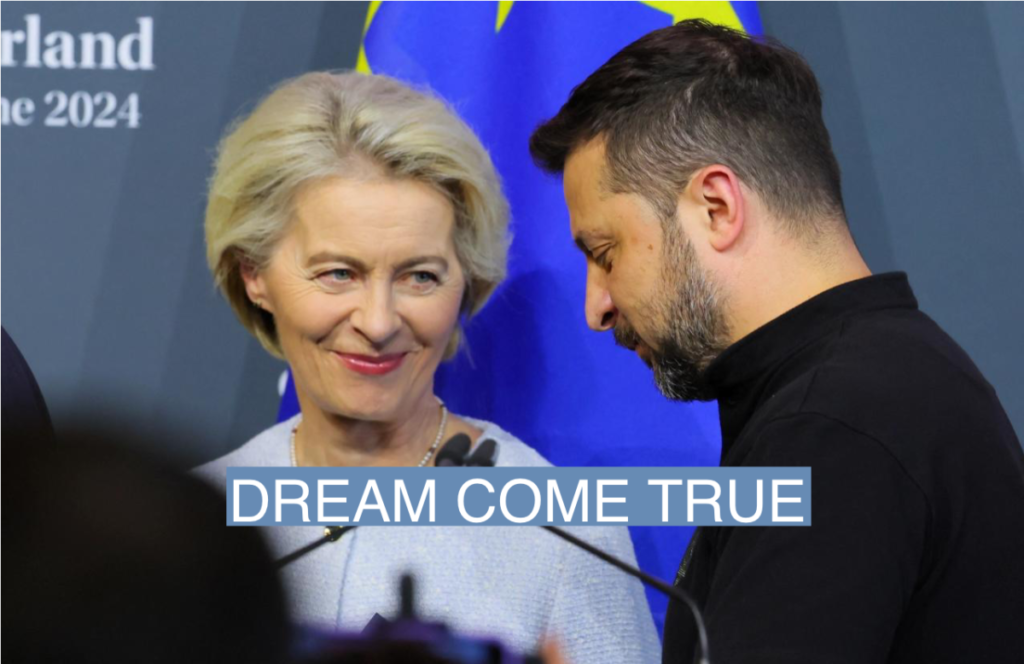Insights from the Center for European Reform, The Bulwark and Foreign Affairs
The news
The European Union formally began accession negotiations with Ukraine on Tuesday, marking the start of a process that will likely take years. She has also entered into discussions with Moldova.
The Ukrainian Deputy Prime Minister for European Integration called this moment “historical;” President Volodymyr Zelenskyy said in a video message: “we made this dream a reality.”
The talks come like those of Germany Ursula von der Leyenthe Portuguese António Costa and the Estonian Kaja Kallas appear ready to take over Europe’s top jobs.
SIGNALS
Russia’s ally Hungary could delay Ukraine’s accession process
Hungary had previously vetoed extensions to the EU to block Ukraine, and while accession is now underway, Hungary could still delay the process, noted the Center for European Reform think tank, especially as it takes over the rotating presidency of the European Council in July. While the presidency has limited policy influence, it could damage the EU’s reputation, the think tank added. Hungarian Prime Minister Viktor Orbán has said that Hungary did not agree with Ukraine’s accession wouldn’t block negotiations, which he described as a ‘politically motivated process’.
Blok must concentrate on ‘hard security’
The start of accession negotiations raises an optimistic prospect, but the geopolitical situation in Europe is “much less encouraging,” argued The Bulwark, a center-right American news channel. The block mustabandoning their traditional emphasis on technocratic reforms and reevaluating the region with an emphasis on hard securityThe Stronghold added, if they hope to repel Russia. Ukraine struggles to gain the upper hand in its fight against the Russian invasion, while Moldova faces Russian-backed interference attempts. One possible solution could be to form a secondary security alliance in Europe to provide greater protection and support to these countries without involving NATO.
EU enlargement could weaken its stability
The EU must ensure that this does not happen expansion preserves democratic stability, the Foreign Affairs argued. Accession to the EU involves the adoption of European laws, but also changes in institutions, market structures and the foreign relations of candidate countries, which could cause economic and political shifts, the Ministry of Foreign Affairs argued. A two-pronged approach of rapid, security-focused expansion and slower, deep integration is essential. “To win peace, the biggest challenge will be to ensure that the enlargement process is fast enough to be credible and slow enough so that candidate countries can bear the enormous adjustment costs,” the newspaper wrote.

